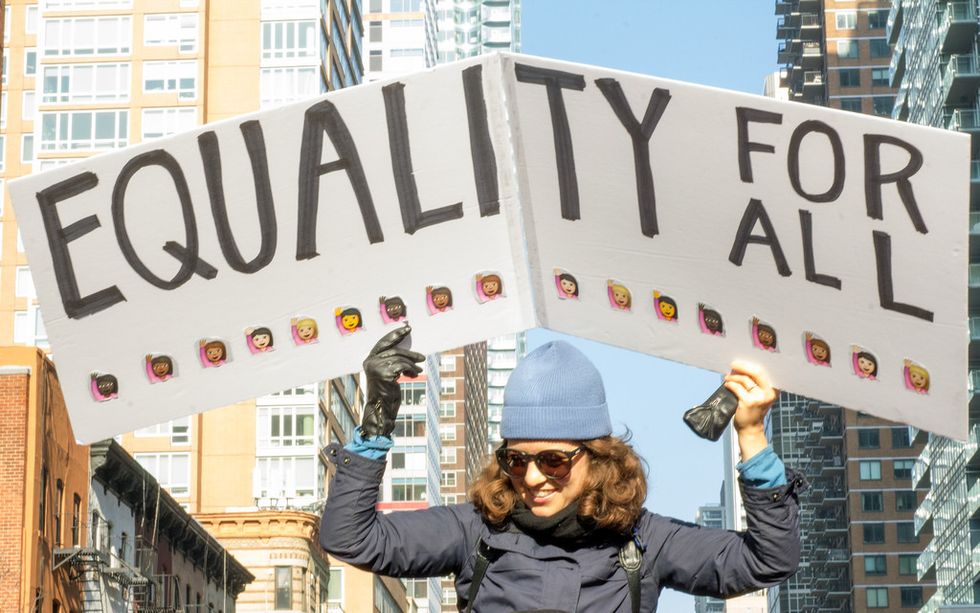Equality is likely to mean different things to different people - its definition is purely subjective. Thus, individuals who subscribed to Confucianism had a very unique and different conception of what equality was and what constituted it. It can be said that people who subscribed to Confucianism had a basic idea of what equality meant, but their idea did not fit the "mold" of modern standards of equality.
When considering those individuals' idea of equality, it is necessary to consider their conception of that idea in terms of destiny versus effort. Those who subscribed to the Confucian school of thought believed that several other factors besides destiny, such as effort, can result in opportunity. Essentially, as it relates to the idea of equality, individuals believed that not only destiny but primarily the effort that one put into their daily tasks, resulted in opportunity, thus contributing to the equality of society.
Furthermore, in order to accurately and effectively assess Confucian ideas regarding equality, it is imperative that their understanding of equality is examined in terms of social hierarchy. To accomplish this, it must be established that while there was certainly a defined social hierarchy within society, people who were followers of Confucianism believed in there being mobility within the hierarchy or the opportunity to advance in social status and class. Therefore, this opportunity for social mobility allowed for the increase of equality in society and subsequently led to a more substantial and complex definition of equality and how that was, in turn, reflected in society.
In addition, the Confucian conception of equality is clearly illustrated when analyzing the form of Government that followers of the school of thought preferred. Simply put, those who followed the teachings of Confucius rejected the ideas found within Communism and Socialism. Instead, they preferred an extremely democratic form of Government, in which there was an established social hierarchy but one that allowed for social mobility and also a Government that provided individuals equal access to opportunity, thereby resulting in increased equality within society and consequently, the increased complexity with which followers of Confucianism defined and viewed the idea of equality.
Moreover, when contemplating whether or not those who subscribed to Confucianism had an idea of what equality meant, it is important to take into account that what followers of Confucius considered to constitute equality is drastically different from what we, Americans living in the 21st century, consider to constitute it. This drastic difference is evident when we analyze how both groups define equality separately. For instance, when we consider the different aspects that make up the modern, American definition of equality (gay rights, rights for individuals of different races and ethnicities, etc.) versus the different aspects that make up the Confucian definition of equality (such as those previously mentioned), it is valid to arrive at the conclusion that not only does the Confucian idea not fit the "mold" of the modern standards of equality, but that followers of Confucianism possessed an extremely basic idea of what equality meant.



















